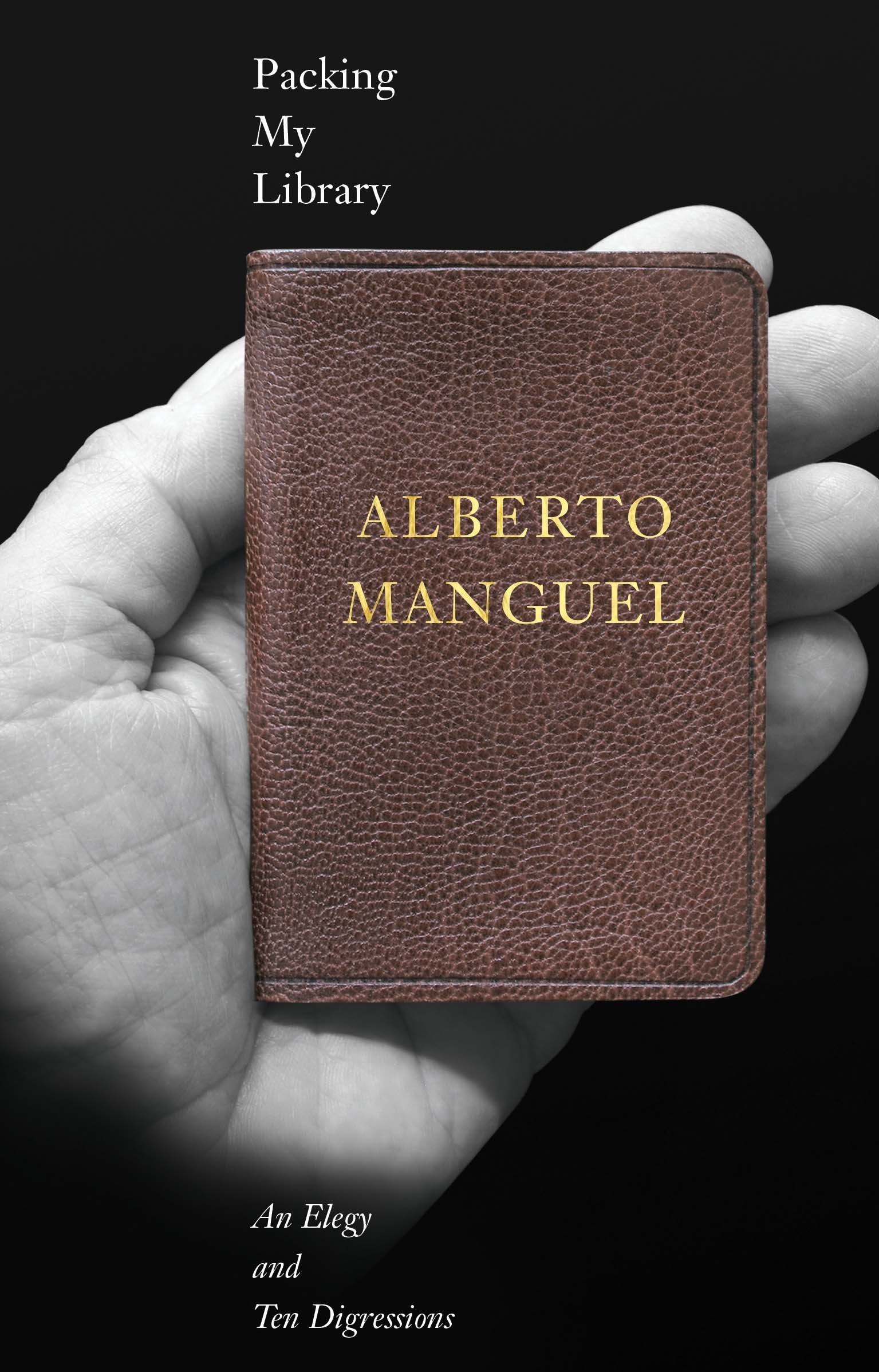What do you think?
Rate this book


146 pages, Hardcover
First published March 20, 2018

 https://www.bbc.co.uk/programmes/b09y...
https://www.bbc.co.uk/programmes/b09y...We should be grateful that we do not know what was destroyed in the fire at Alexandria, because we would be inconsolable"

نحن موجودون أو نصبح موجودين لأن هناك من يعترف بحضورنا.
⭐️⭐️⭐️⭐️
نقرأ لنطرح الأسئلة
⭐️⭐️⭐️⭐️
كانت الكتب تمنحني ذكرى صداقات لا تتطلب أي مقدمات. و لا لباقة تقليدية. و لا ادعاءات أو كتمانا للعواطف.
⭐️⭐️⭐️⭐️
ليس فقدان الأشياء على هذه الدرجة من السوء. لأنه يعلمك الاستمتاع بما تتذكره لا بما تمتلكه. عليك أن تعتاد الفقدان.
⭐️⭐️⭐️⭐️
إن اكتشاف فن القراءة حميم و غامض و سري. و يكاد يكون شرحه مستحيلا كالوقوع في الحب. و اغفروا لي هذه المقارنة العاطفية. فالإنسان يكتسب هذا الفن وحده كضرب من التجلي الروحي. أو ربما بالعدوى عند الاحتكاك بقراء آخرين.